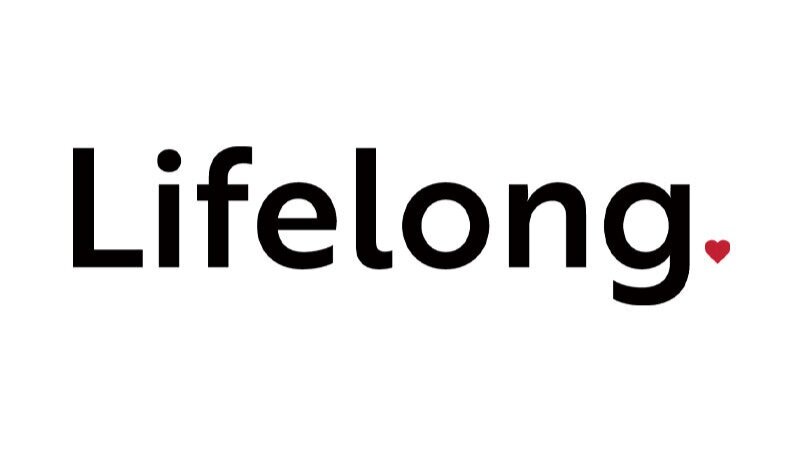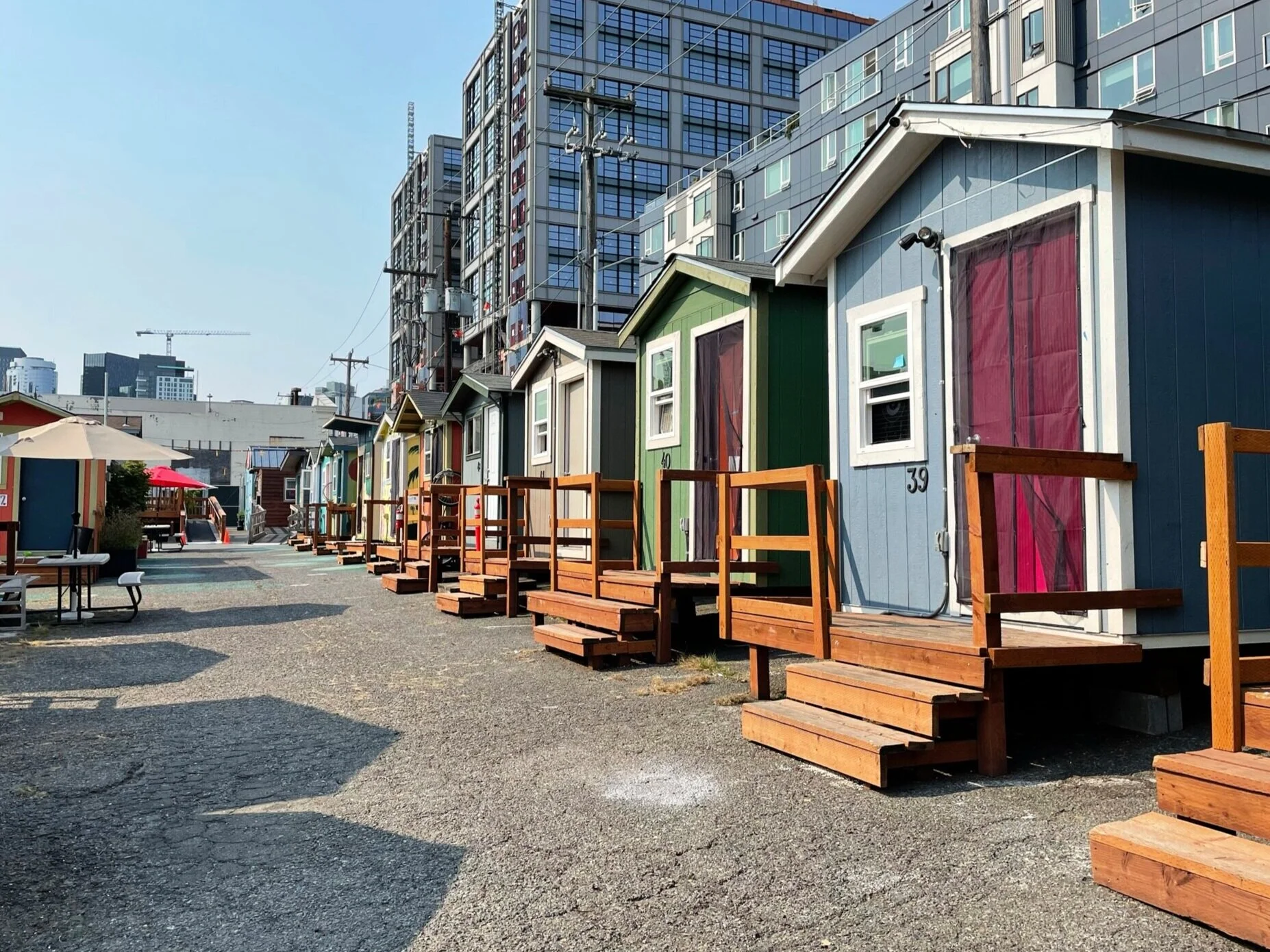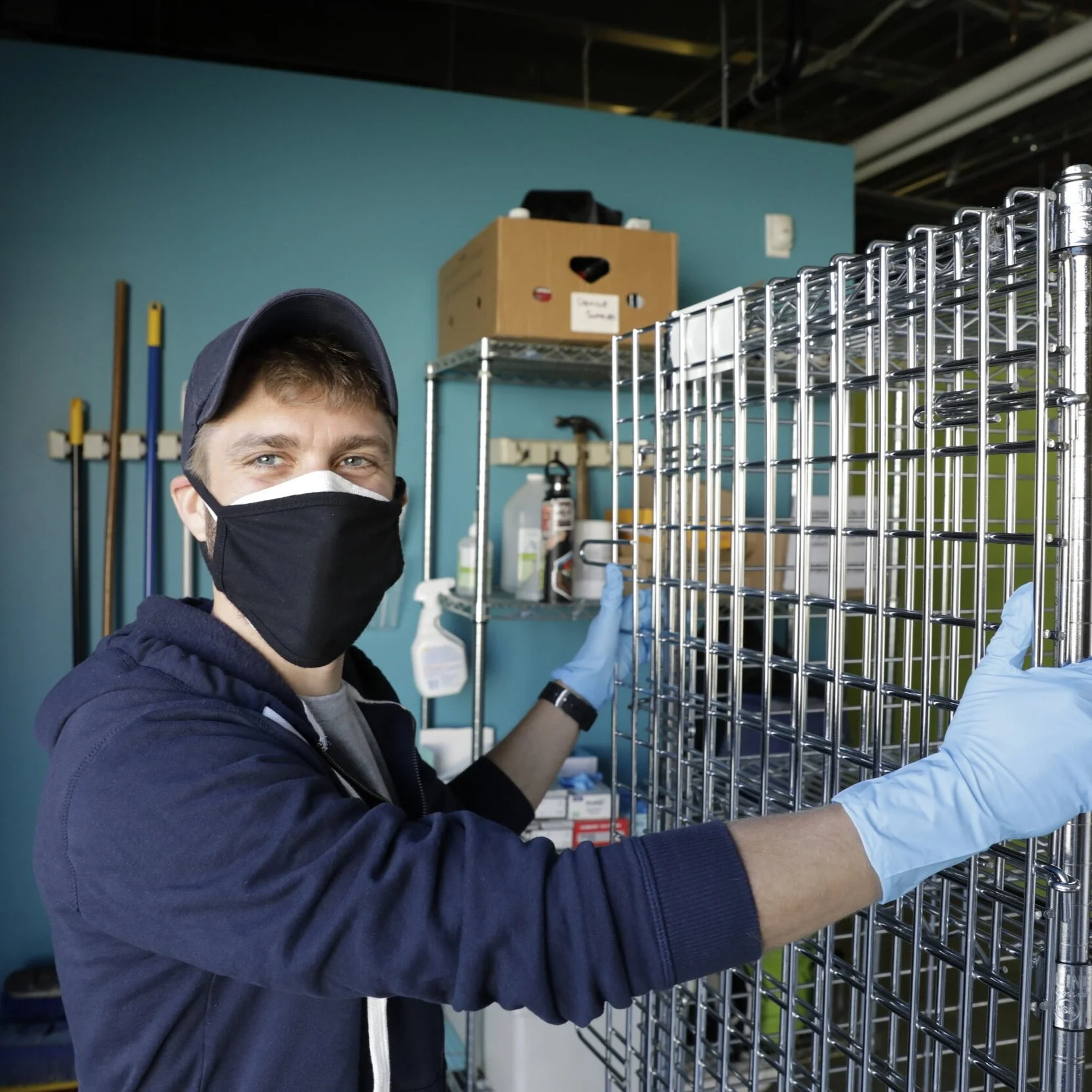Why we do this work
Everyone deserves the chance to thrive
Marginalized communities are often disproportionately affected by poor health due to social, cultural, and economic barriers.
“Health disparities are not a result of individual or group behavior but decades of systemic inequality in American economic, housing, and health care systems.”
Black Americans make up 13% of the population, but represent almost half of all new HIV diagnosis
American Indian/Alaska Native people have higher rates of heart disease and diabetes than any other racial group
Young adults age 16-27 who identify as LGBTQ are five times more likely to attempt suicide
On average, individuals with intellectual disabilities must contact 50 physicians before they can find one trained to treat them
1 in 10 transgender people have been evicted from their homes because of their gender identity
Lifelong fights the broken systems of health inequity to ensure no one faces illness and injustice alone.
HOW WE TACKLE HEALTH INEQUITIES
We compassionately dismantle obstacles that limit people from living their healthiest life
In order to eradicate health disparities and build a community of health equity, we work to eliminate stigma, create authentic relationships, and care for the whole person. Our unique client-centered model helps a person identify what barriers are standing in the way of their best health, creates a unified support system, connects them to vital resources and basic necessities, and empowers people to take control of their health outcomes for their best health, their best life.
Our work will continue until everyone has an equal opportunity to thrive
For nearly 40 years, Lifelong has transformed the lives of Washington’s most medically-vulnerable communities by helping to pave a clear path to better health. We were born out of a pandemic as people were dying of AIDS in the ‘80s, and we continue to use the tools, model of care, and compassion we’ve developed over the decades to support our community for whatever health challenges lay ahead.
Our respect for people drives our mission
2020 YEAR IN REVIEW BY THE NUMBERS
6,000+ people served
More than 6,000 people living with serious and life-challenging illnesses provided with basic needs.
$4.8 million in rent subsidies
Nearly $4.8 million in rent subsidies to support almost 900 people in finding or keeping safe, stable housing.
336,000 Meals delivered
336,000 medically-tailored and nutritious meals delivered to support more than 2,500 people’s health.
20,560 volunteer hours
1,200+ volunteers provided 20,560 of hours of work to offset more than $500,000 worth of program costs.
Our model of care still works as it did when it was developed nearly 40 years ago, helping people navigate and overcome barriers so they could stay safe, connected, and cared for so no one had to face the pandemic alone.
This year tested us all in ways we could never predict. Yet, COVID showed us why our wrap-around services are so important to our community. As new and challenging obstacles arose for our neighbors, our care model ensured that whatever barriers were in someone’s way, we had the tools needed to connect them to the resources, education, and support they need to thrive.
HOLISTIC Support SERVICES
Food & Nutrition | Housing | Medical Case Management
Prevention Education | Aging & Disability Services | Dental Care | Insurance
The social services system is complex and difficult to navigate, especially for people who are dealing with physiological challenges, language barriers, or those who are new to the community. And there are not enough resources to meet the growing needs of our medically-vulnerable neighbors.
For too many, lack of access to affordable care and housing requires impossible choices. No one should have to choose between paying their rent or paying for their medications. Even before the pandemic began, we saw homelessness rates rise 26% in Washington. As people lost jobs or were forced to remain homebound, safe and stable housing and access to health insurance became even more crucial to supporting people’s health.
And, more than ever, people living with serious and life-challenging illnesses need reliable sources of nutritious food. Food insecurity rates in Washington doubled during the pandemic as food banks and congregate meals—crucial resources for low-income communities—were paused or cancelled. Additionally, many of our clients reported being homebound during the pandemic due to compromised immune systems with limited options to reliably get basic needs, like food and hygiene supplies.
““I started out a little behind on a new medication that left me nauseous. I was not interested in eating at all. As I was able to approach food again, your recipes were exactly what my body needed. My blood sugar has dropped by about 15 points and I’m better at managing my weight. You’ve done a fabulous job and it’s been one of the brightest spots for me in this otherwise terrible year. Thank you. You’re a nutrition hero!”
”
Lifelong is the only provider of medically-tailored and nutritious food in THE PNW
> Served 336,000 medically-tailored and nutritious meals—that’s 100,000+ more meals than we were able to provide in 2019.
> Provided nearly 5,200 weekly grocery bags, with one out of seven bags tailored to include culturally-relevant ingredients for people from Asian Pacific Islander, East African, and Latinx communities.
> Improved our nutrition policy to focus on providing healthier foods that are lower in sodium, sugar, trans fats, and other nutrients that can be difficult for people fighting illnesses to process.
Our model of care continues to work for our community
> 95% of homeless clients moved on to safe, stable, long-term housing after exiting Tiny House Villages, and supported 135 of the most high-risk, chronically homeless people in Seattle with housing.
> Nearly 800 seniors and people living with disabilities were provided with the resources and support to continue care at home.
> Case Managers made more than 600 calls to clients related to vaccination education encouraging them to schedule their appointments and educating them with the latest health information.
> Lifelong serves people speaking more than 27 different languages and worked with partner organizations to ensure interpretation services were accessible at local vaccination sites.
Lifelong is the leading provider oF housing subsidies and insurance premiums for people living with HIV in the Greater Seattle area
> Nearly $4.8 million in rent subsidies to support about 900 people in finding or keeping safe, stable housing while battling serious, life-challenging illnesses.
> $12.2 million paid in insurance premiums to ensure nearly 2,500 people living with HIV can access life-saving care and treatment options.
> 4 out of 5 clients living with HIV remained in care and maintained their viral load suppression throughout 2020 with the support of their Case Managers, when many clients were homebound or otherwise limited in their ability to seek out or receive care during the pandemic.
WE have ALWAYS BEEN THERE FOR PEOPLE LIVING WITH HIV AND WE ALWAYS WILL BE
Lifelong was created by volunteers who stood up to the injustice and stigma people diagnosed with AIDS faced in the early ‘80s. Volunteers rallied to provide food, transportation, and caring support when others turned their back in fear. Together we built an organization that has become a first responder and trusted ally for the HIV community. Over a decade ago, we discovered our unique model of care developed for people living with HIV could be just as successful for managing other life-challenging illnesses. We’ve expanded our mission to further the fight against health disparities for all, yet our work and commitment to HIV advocacy and care services has only grown.
We are stronger together
As schools, workplaces, and community centers closed their doors, more people than ever needed OUR HELP
During the first two full weeks of the pandemic in March, food-related requests to 2-1-1 lines skyrocketed, increasing 486%. Requests for rent assistance were up 137%, and across all social service needs, daily requests more than doubled compared to pre-COVID-19 rates in 2020.
““With the pandemic, there’s a whole lot of negatives, but one big positive is that we now have a tight-knit group of volunteers. They know your story, you know their story, and we all look forward to seeing each other.” ”
Lifelong’s community of supporters helpED keep our doors open for those who needed us most
> 20,560 volunteer hours were provided by 1,200+ volunteers to offset more than $500,000 worth of program costs.
> Our volunteer driver team nearly tripled in 2020 to almost 100 drivers.
> Nearly 2,400 people came together virtually through online fundraisers and community events to raise more than $1.5 million in support of our important work.






















